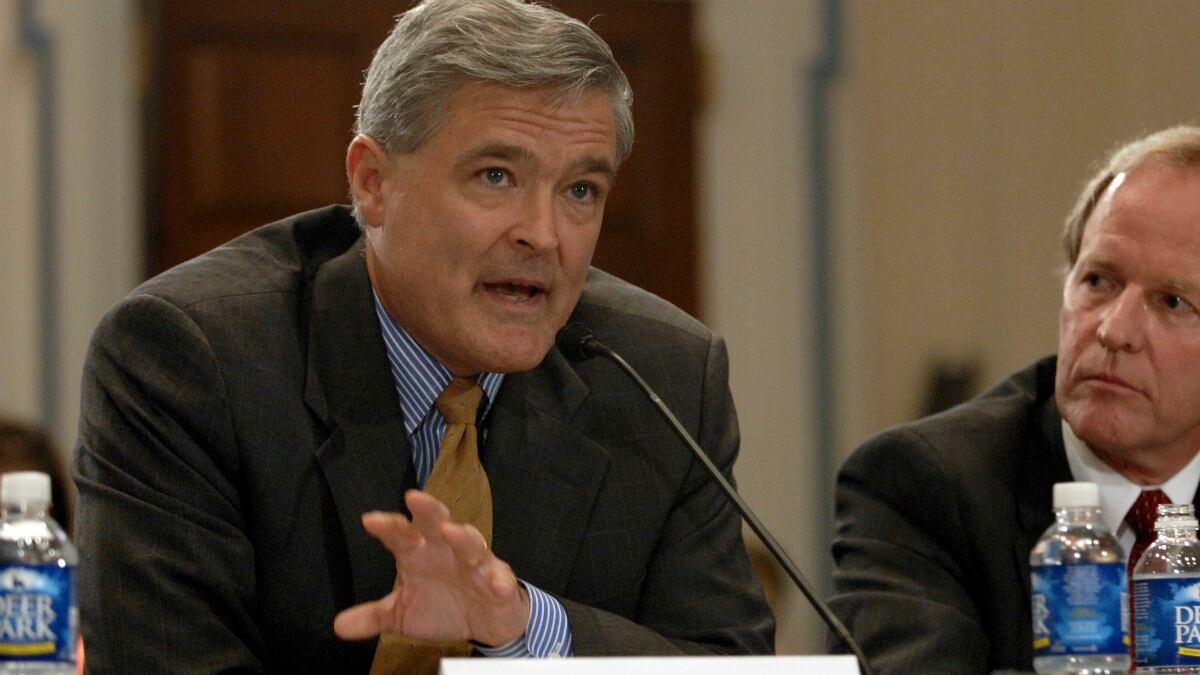
I attended a very interesting panel yesterday at the Hudson Institute on the topic of "Are Think Tanks Becoming Too Political?" You can watch the video of the entire event here but I want to draw attention to just one remarkably candid remark from Michael Franc of the Heritage Foundation.
Heritage is known for being an unabashedly conservative think tank. It doesn't pretend to be otherwise. Franc explains the cost of this at around the 28:00 mark. At this point in his remarks, he is explaining what happens at Heritage if research from different experts leads to contradictory suggestions:
You want to put the free trade guys in the same room as our national security experts and figure out the best way to go forward. … You do want to have that cross-pollination, and you don't necessarily want to have one paper saying one thing and another paper saying another. That's sort of a threshold question that think tanks want to address. Sometimes they feel its ok to have multiple voices on the same issue, contradictory points of view and let-a-thousand-flowers-bloom philosophy. We like having a coherent world view. We like having our policy papers sync with other policy papers in related disciplines.
Franc notes that this is a "judgement call" but look at what Franc is saying here about the Heritage Foundation and conservatism.
First of all, Franc's candor is welcomed. If you always suspected that the Heritage Foundation wanted its policy work to toe an ideological line, Franc agrees with you!
Heritage is seen as the "classic" conservative think tank, one that really tries to embody the "Three-Legged Stool" theory of the movement. Heritage wants to unify the social conservatives, foreign policy hawks, and free marketers. In politics, there are inevitably issues that divide that coalition (Franc cited immigration as an example). When a tough policy issue comes up, how does Heritage deal with the arguments that may arise?
Simple, don't have the arguments (publicly) at all! Work out what the unified position is and stick to it. Whatever you do, don't allow people who may have different points of view to publish papers that disagree with each other, think about how that would make the marketing department's job harder!
Now I can understand that attitude in political coalition building, but at an organization that presents itself as a research institution?






